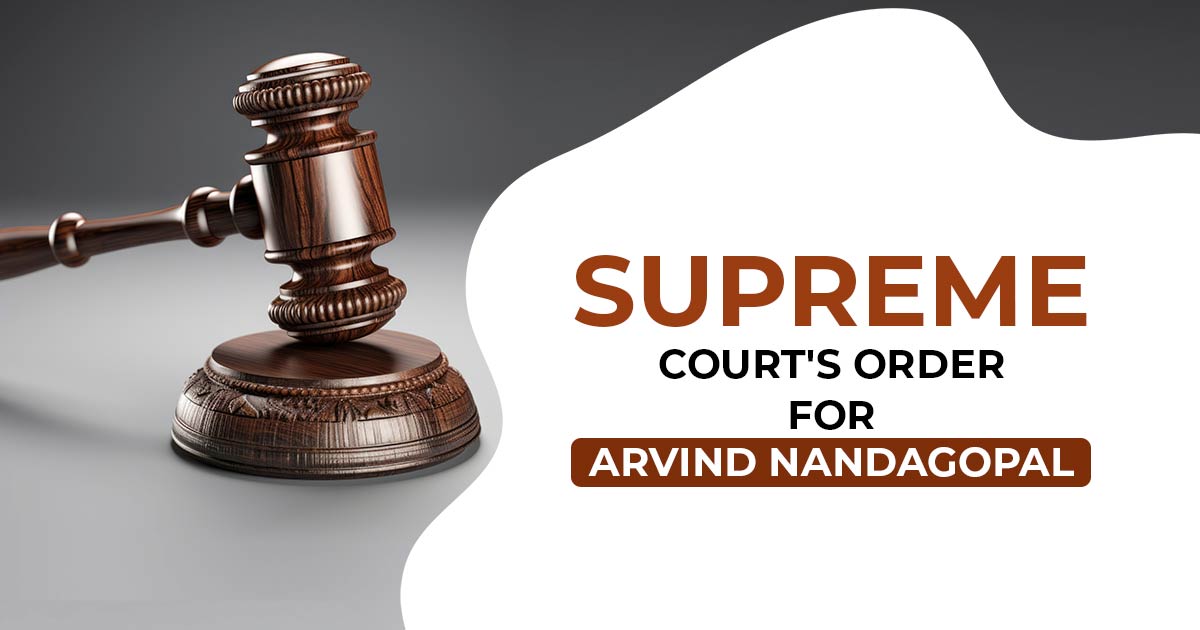
The Supreme Court rejected the Special Leave Petition (SLP) stemming from a disputed judgment by the Madras High Court. The High Court ruled that the offence under section 276 CC of the Income Tax Act, 1961, doesn’t apply if there’s no tax evasion involved.
The Commissioner of Income Tax had filed an SLP against Arvind Nandagopal, alleging his failure to submit the required return for the assessment year 2014 – 15 as per Section 139 (1) of the Income Tax Act, 1961. Consequently, a notice was issued under Section 142 (1) of the Income Tax Act on 19/6/2015.
The petitioner argued that they had filed the income return on 31/3/216, within the extended period provided in Section 139 (4) of the Income Tax Act, 1961. Their return showed a due refund of Rs. 37,370/-, which was duly accepted and refunded under Section 143 (1) of the Income Tax Act.
However, the respondent contended that the accused needed to file the income return by the specified date and that the accused should have filed the return for the Assessment Year 2014 – 2015 on or before 31/7/2014. Yet, the accused submitted the return on 31/3/2016, surpassing the time limit outlined in Section 139 (1) of the Income Tax Act.
The High Court concluded that tax evasion wasn’t present. A return had indeed been filed, leading to a refund being issued. Given these circumstances, this Court finds no deliberate failure on the petitioner’s part regarding the return filing. Consequently, the Section 276 CC offence isn’t applicable, resulting in the dismissal of the respondent’s complaint.
A two-judge panel comprising Justice Bela M Trivedi and Justice Satish Chandra Sharma declined to intervene in the High Court’s order and dismissed the Special Leave Petition.
| Case Title | Arvind Nandagopal Versus Assistant Commissioner of Income Tax |
| Date | 05.12.2023 |
| Petitioner | Mr. N Venkatraman, Mr. Raj Bahadur Yadav, Mr. H R Rao, Mr. A K Kaul, Mr. Bani Dikshit, Mr. Snehashish Mukerjee, Mr. V. Chandrasekaran Bharathi |
| Supreme Court Order | Read Order |









